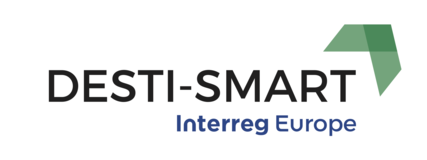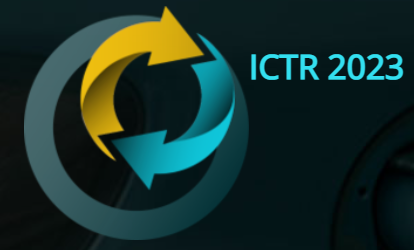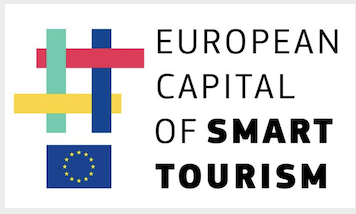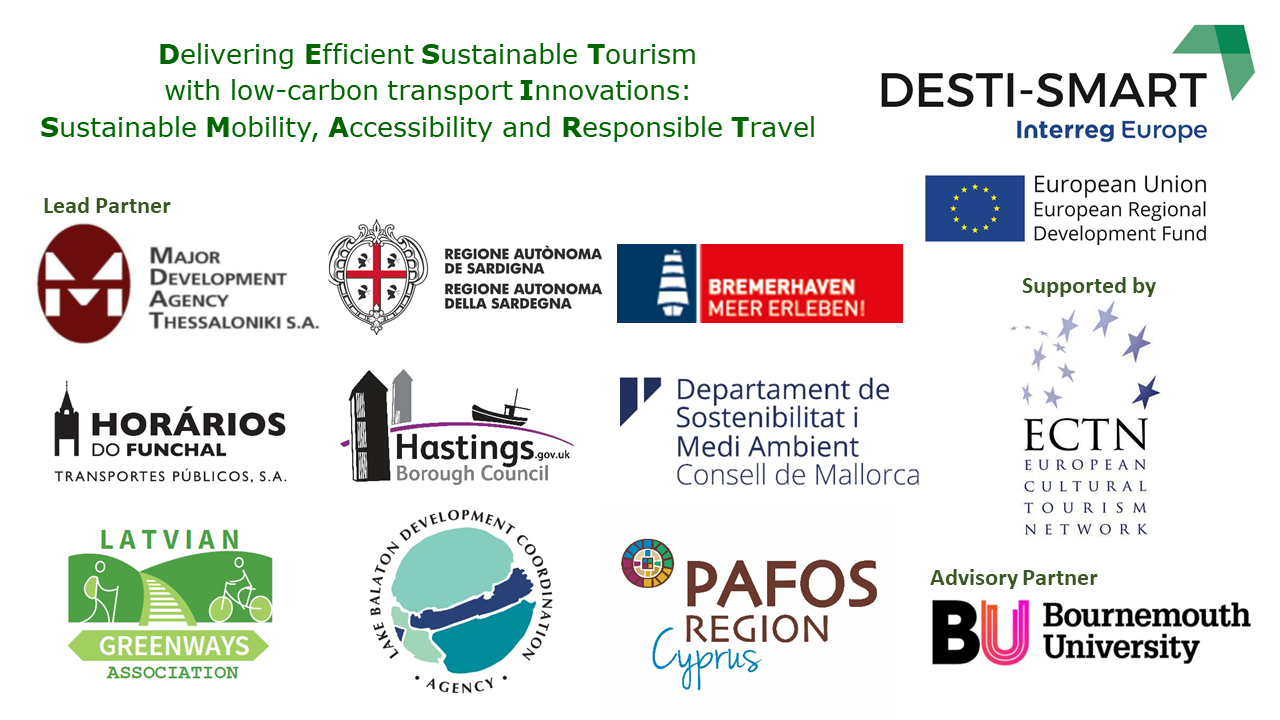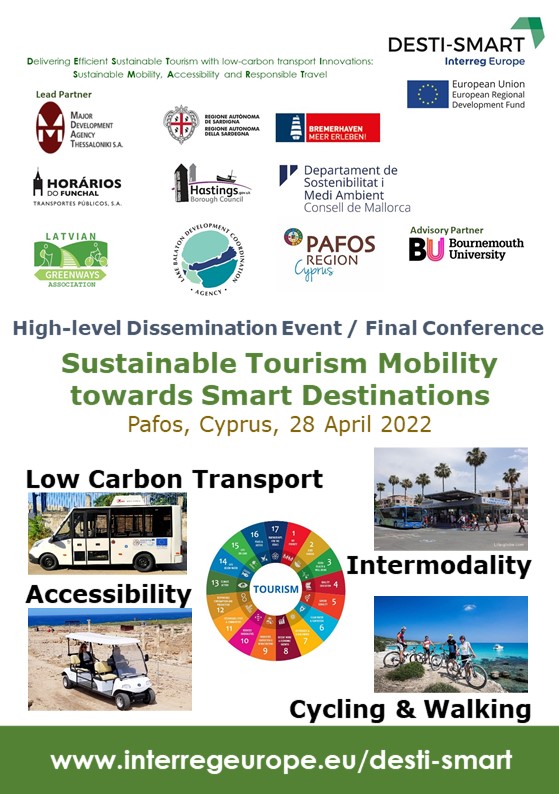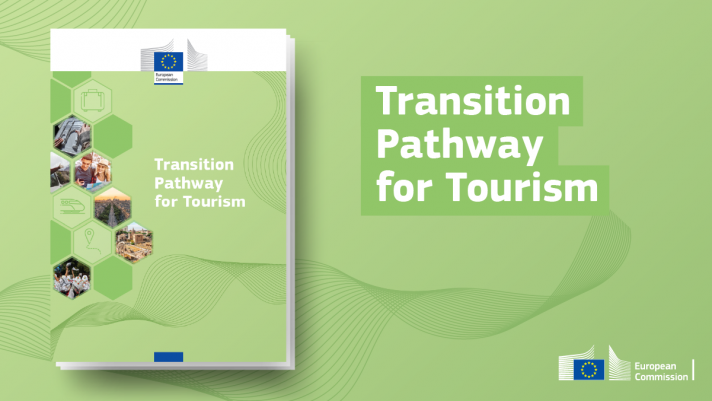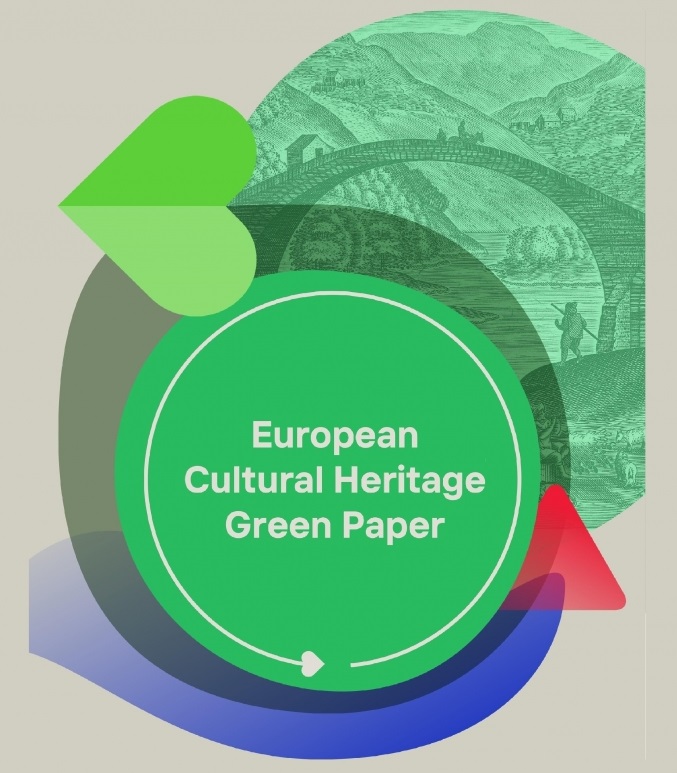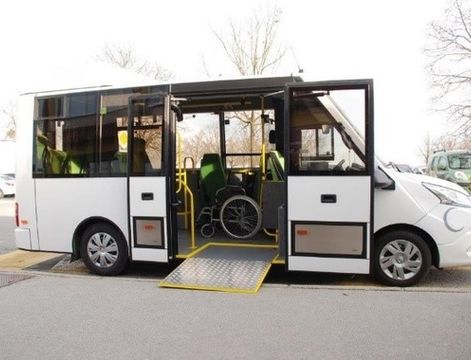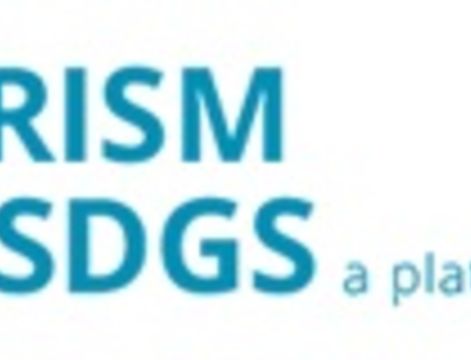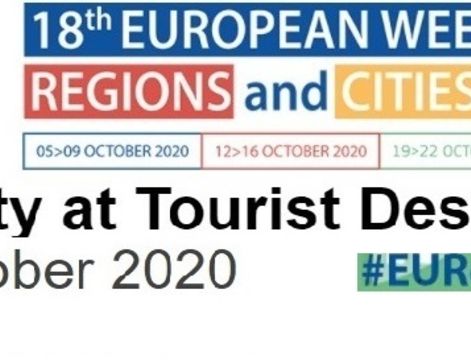The first webinar of the DESTI-SMART project on "Low-carbon transport systems for visitors at tourist destinations" took place on May 30, 2019.
This interactive webinar provided an introduction to the DESTI SMART project and its partners, discussing key challenges to low carbon transport systems for visitors at tourist destination.
Regarding, the use of low-carbon transport systems and electromobility, the main conclusions of the webinar were:
• There is still very long way to go in order to reduce emissions from transport means. Emissions today are above the 1990s levels. Transport emissions in EU represent the 30% of the total emissions.
• By 2020 there will be a dramatic demand for e-mobility due to its benefits, such as GHG emissions reduction and improvement of air quality which is directly linked to asthma and other fatal diseases related to poor air quality.
• Electric or compressed natural gas buses, electric trains, electric bikes and scooters, even electric ferries, are some of the initiatives that have been already adopted and promoted in the countries of the DESTI-SMART partner destinations.
• Specific attention has to be paid in the promotion of cycling and walking as means to reduce and eliminate if possible the CO2 emissions.
• Electric bus is technically feasible and cost-effective and environmentally advantageous in relation to diesel and natural gas; 86% saving in energy costs and a 75% reduction in CO2 emissions
• Promotional campaigns play significantly important role for raising public awareness on the promotion of low-carbon initiatives and also to stimulate the electric vehicle use and ownership
You can watch the webinar in this link: youtu.be/F6QJmDJeZwo
